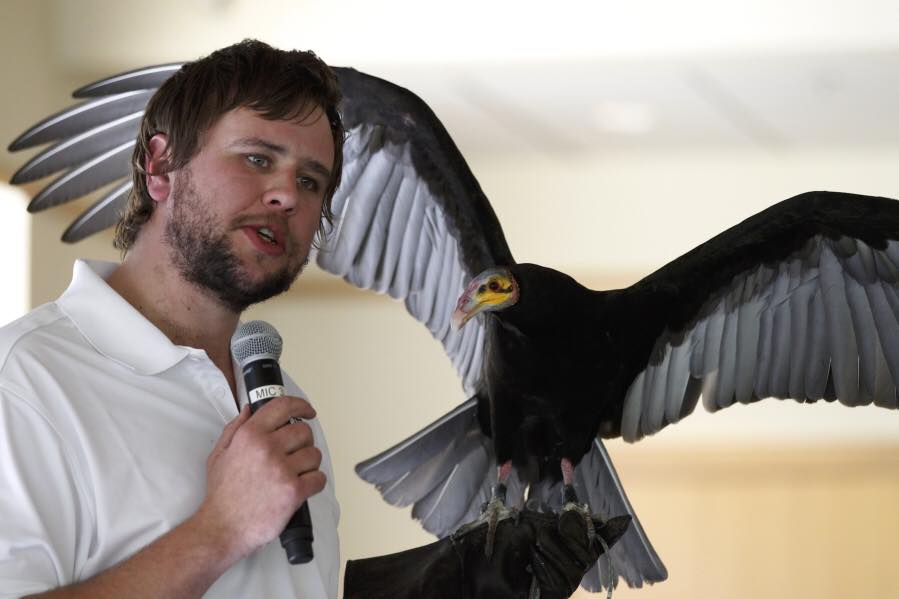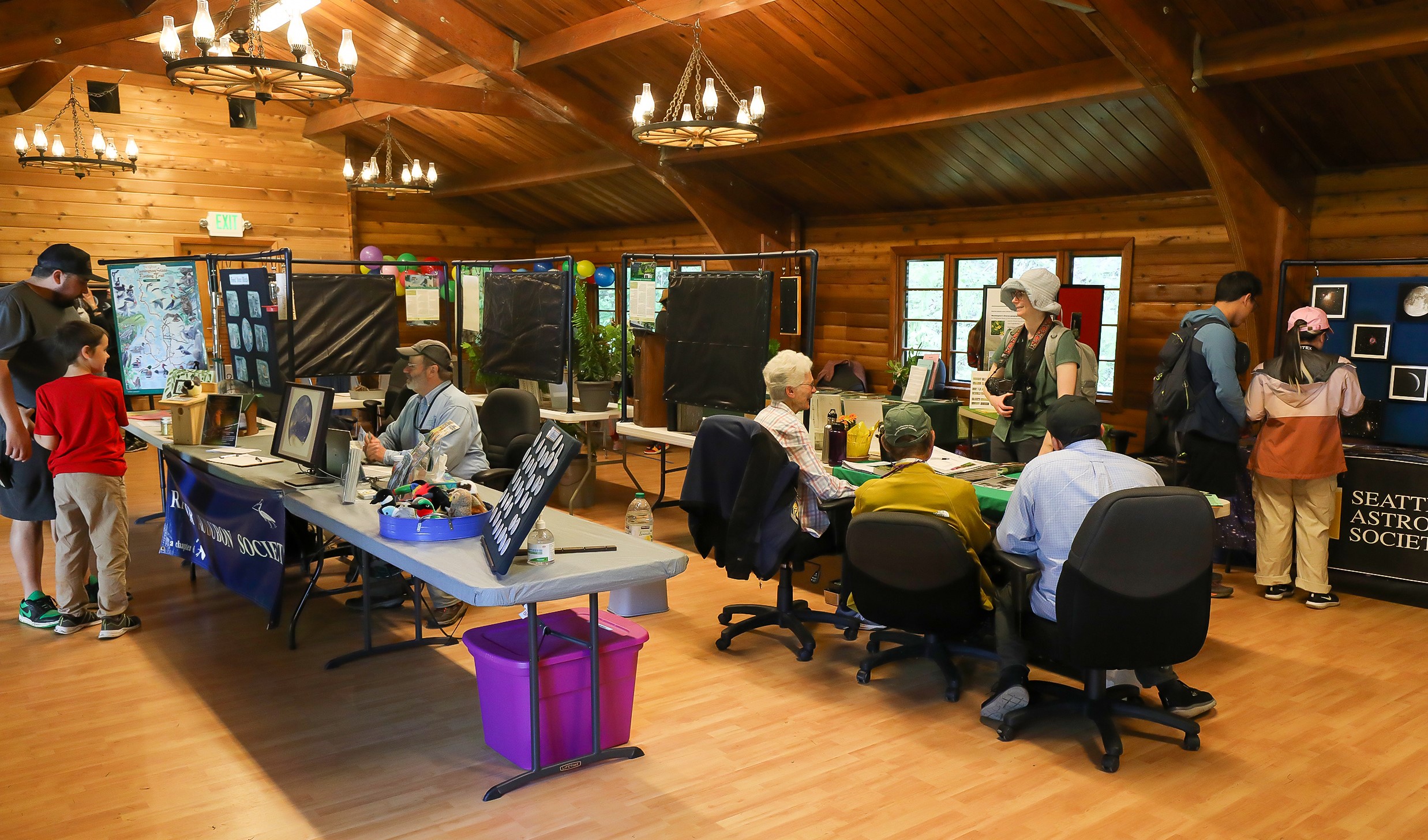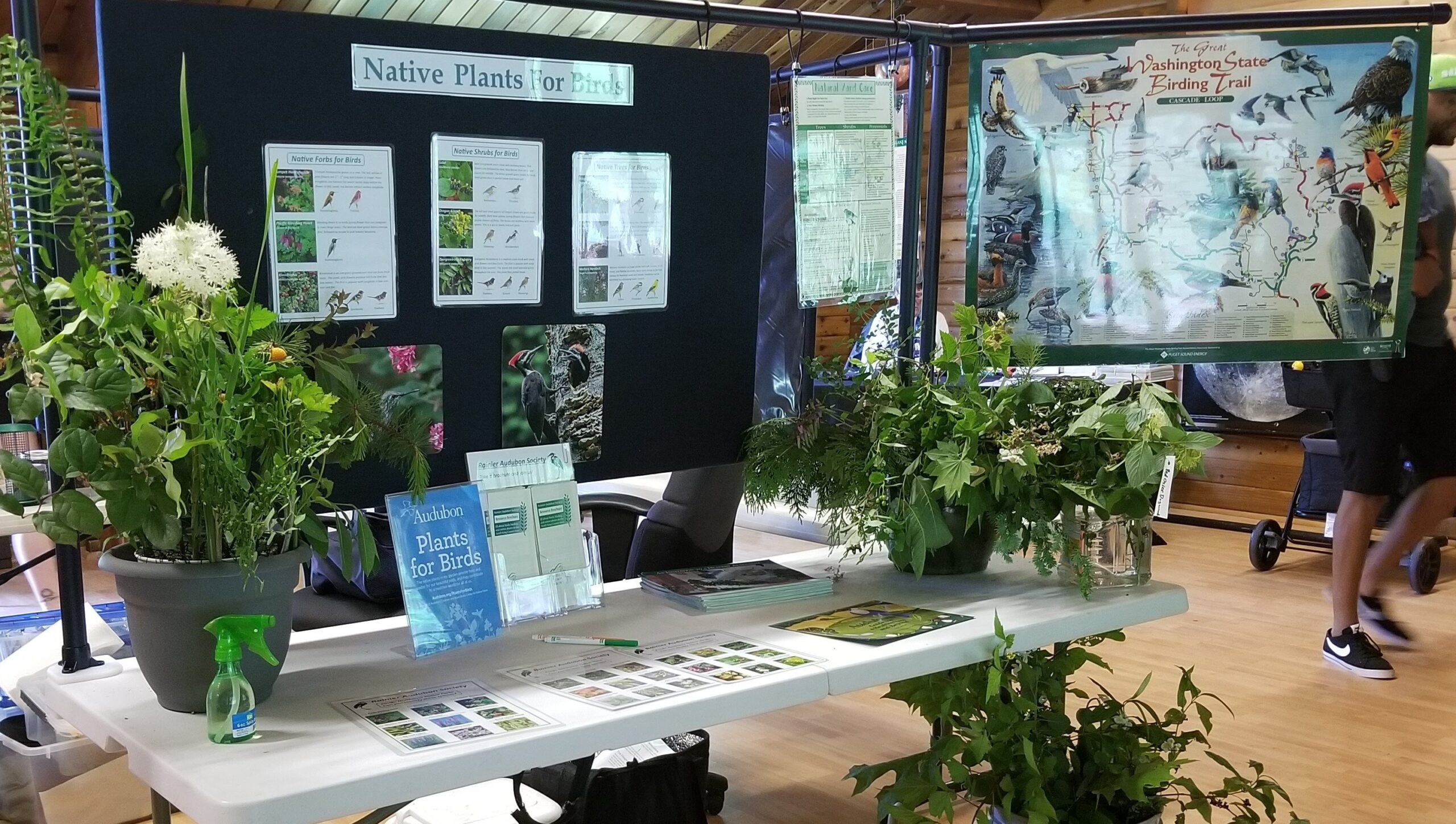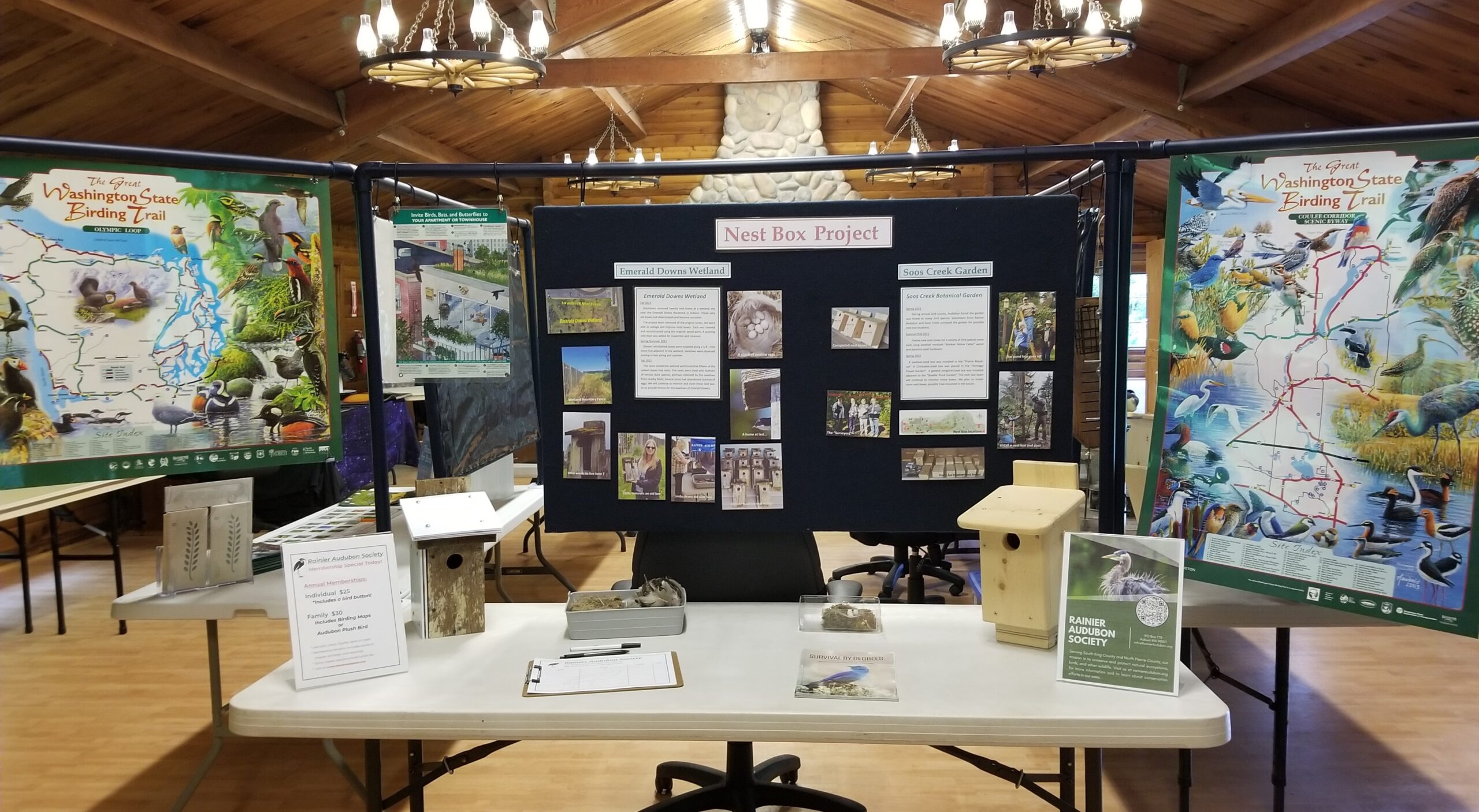

Click on photo for more information. Continue Reading →

Rainier Audubon Nature Festival on June 7, 2025
Click on photo for more information. Continue Reading →

Rainier Audubon Nature Festival on June 7, 2025
Click on photo for more information. Continue Reading →

Rainier Audubon Nature Festival on June 7, 2025
Click on photo for more information. Continue Reading →






